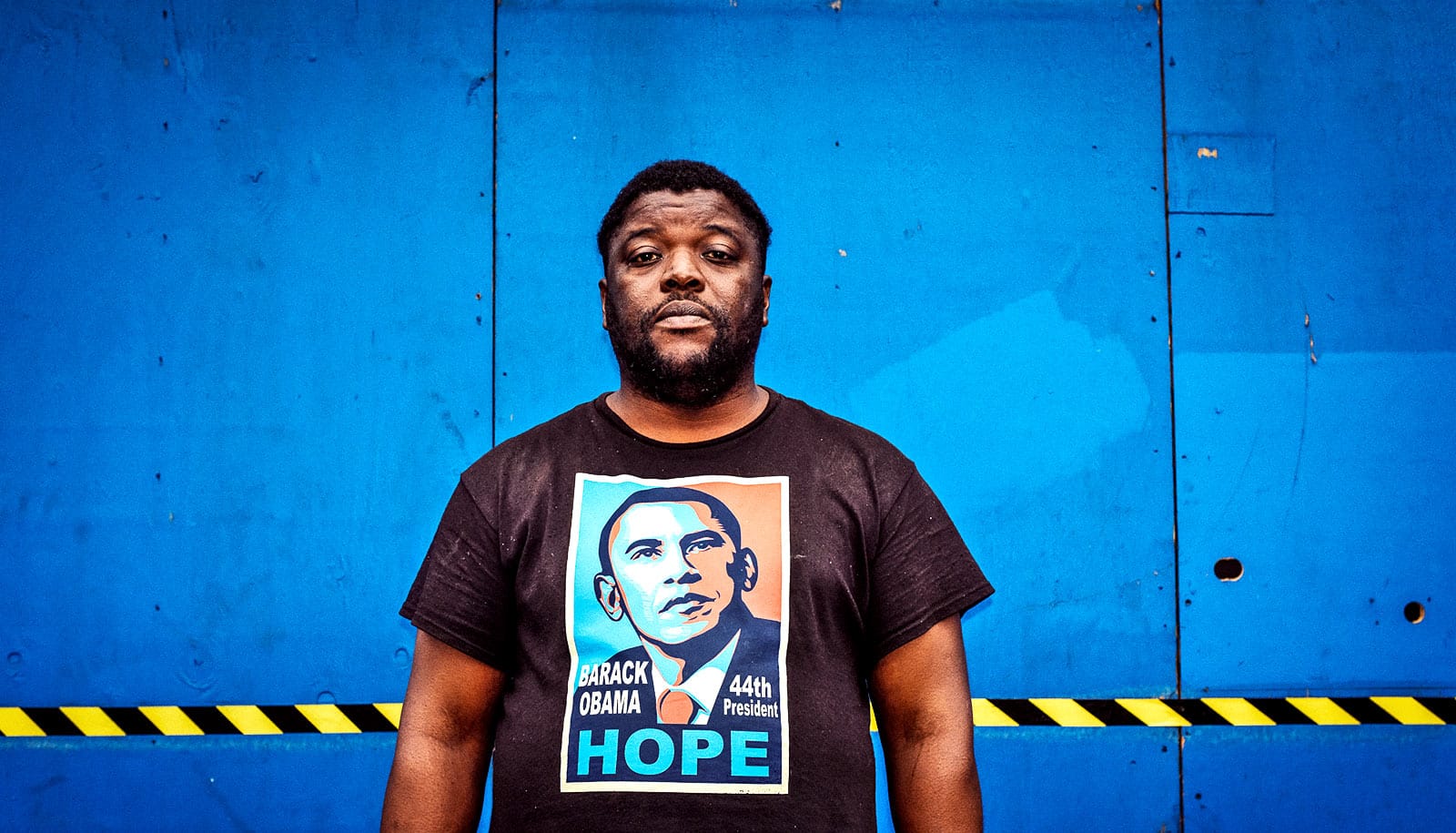Stereotypes alone don’t lead to prejudice against international students on college campuses, a new study shows.
International students at American colleges and universities don’t always find a welcoming environment. Research has shown that, as a group, internationals face prejudice from segments of the domestic student population.
“Prejudice against international students is multifaceted,” says Wendy Quinton, a clinical associate professor in in the psychology department at the University at Buffalo and author of the paper, which appears in the Journal of Diversity in Higher Education. “But there are factors leading to prejudice that universities can influence.”
The findings show that, aside from stereotypes, other factors, including support for President Donald Trump, predict prejudice against international students from the domestic student population.
“Some of President Trump’s policies, such as promoting ‘America First,’ the travel ban, and his talk of building a wall are in line with unwelcoming attitudes toward immigrants—but this is the first evidence I’ve seen linking support for Trump with attitudes toward international students,” Quinton says.
“This finding tells us that if you statistically account for stereotypes, those domestic students who were higher in Trump support still had significantly higher prejudice. Liking Trump goes beyond stereotypes in predicting prejudice against international students.”
Quinton surveyed 389 college students, all of whom self-identified as being born and raised in the United States.
Administrators can help
Stereotypes are ideas or beliefs about members of a certain group. A stereotype can be positive or negative. Prejudice is a negative attitude toward members of a particular group. Stereotypes can lead to prejudice and there are stereotypes that predict prejudice against international students, Quinton says.
“I found other factors, not just stereotypes—and administrators may be able to influence those factors and make a difference,” she says.
In addition to Trump support, university identity emerged as another independent predictor of prejudice. University identity is reflected in a sense of belonging to the school. Do I feel like I’m a member of the campus community? Does the university value me? Do I belong here? Students who didn’t strongly identify with the university showed higher levels of prejudice against international students.
“Among the predictors of prejudice against international students that administrators can influence, university identity came out as an important independent predictor,” says Quinton. “If you increase university identity and make everyone feel like they belong to one group then the division between domestic and international students should become smaller.”
Standardized test scores marginally predicted prejudice. Those domestic students with lower SAT scores had higher levels of prejudice. Domestic students who had fewer positive stereotypes and more negative stereotypes also tended to be prejudiced against internationals.
Socialization is critical
The researchers also found that socialization is also critical, and it can have a positive impact on those who would otherwise be highly prejudiced against international students, says Quinton. She adds that the process of getting acquainted predicts levels of prejudice.
“…for those high in Trump support, the more they socialized with international students the lower their prejudice.”
“Particular kinds of socialization matter the most: Do we study together? Do we share activities together? Do we have the kinds of close contact that can build friendships? That mattered,” says Quinton. “For those with lower SAT scores, for those low in positive stereotypes, for those high in Trump support, the more they socialized with international students the lower their prejudice.
“University identity and socialization are both positive factors that universities can foster and that everyone can benefit from,” she says.
Falling numbers
The results from Quinton’s research come on the heels of the first national decrease in international enrollment at American universities after years of increases. Statistics from the US State Department show a 17 percent decline in 2017 in student visas.
That drop had a significant economic impact on the country.
Between 2015 and 2016, international students contributed nearly $33 billion to the U.S. economy and supported over 400,000 jobs, according to NAFSA: Association for International Educators.
Quinton sees the globalization experience as enriching for domestic and international students alike.
“International students are part of the fiber and fabric of American universities. They bring different experiences, cultures, backgrounds, languages, and ideas. Domestic students gain a great deal from the presence of internationals on campus and develop a deeper understanding of the world because of that diversity.
“Universities should make the effort to address these variables because the potential benefits are so great, for all involved,” she says.
Source: University at Buffalo



